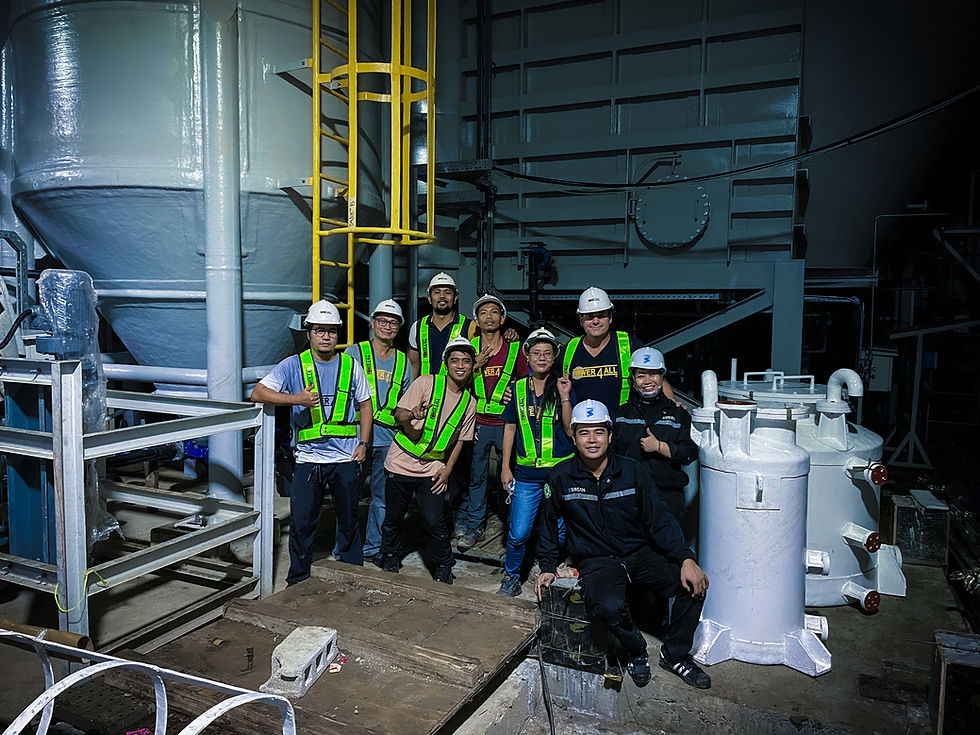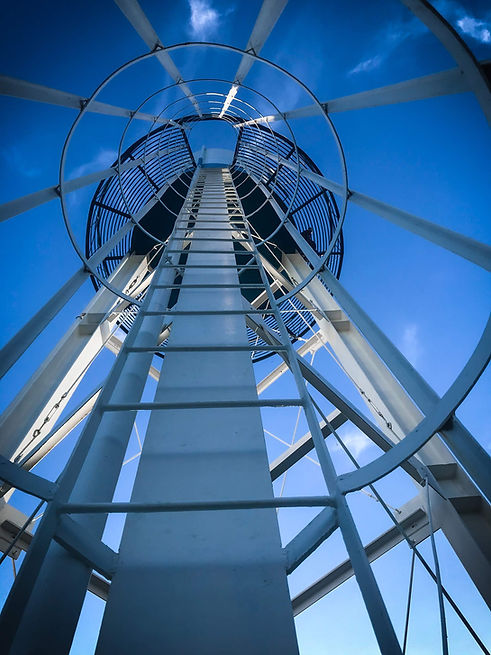

Fiber Reinforced Plastic (FRP) Tanks are composite storage vessels fabricated using a polymer matrix (typically a thermosetting resin) reinforced with high-strength fibers, usually glass fibers (E-glass, C-glass, or S-glass). The combination provides excellent mechanical properties and corrosion resistance, making FRP tanks suitable for a wide range of industrial applications.
Primary Constituents:
-
Resin Matrix: Acts as the binding agent and provides chemical and thermal resistance.
-
Common Resin Systems:
-
Isophthalic Polyester Resin – General chemical resistance.
-
Vinyl Ester Resin – Enhanced corrosion resistance, especially to acids and solvents.
-
Epoxy Resin – High strength, superior bonding, and chemical resistance.
-
-
-
Reinforcement Fibers:
-
Glass fibers (typically E-glass) are used in chopped strand mats, woven roving, or continuous filament windings.
-
Carbon or aramid fibers may be used for specialized applications requiring high tensile strength or stiffness.
-
-
Optional Layers:
-
Chemical Barrier/Corrosion Liner: A resin-rich inner layer with surfacing veil (typically C-glass or synthetic veil) to prevent permeation.
-
Structural Layer: Built up through multiple layers of fiber reinforcement to provide mechanical integrity.
-

Application
-
Chemical Processing Plants:Storage of hydrochloric acid, sulfuric acid, caustic soda, sodium hypochlorite, etc.
-
Water and Wastewater Treatment Facilities: Clarifiers, sludge holding, chlorination tanks, aeration basins.
-
Power Generation Plants: Demineralized water tanks, flue gas desulfurization systems.
-
Petroleum and Petrochemical: Brine tanks, firewater tanks, separator vessels.
-
Food & Beverage: Non-reactive tanks for storing process water, syrups, and organic acids.
-
Agriculture and Fertilizers: Urea solution storage, liquid fertilizers, pesticide tanks.

Orientation
-
Superior Corrosion Resistance:
Resistant to a wide range of acids, bases, salts, and organic solvents. -
High Strength-to-Weight Ratio:
Lightweight yet strong, allowing for easier transport, installation, and lower foundation requirements. -
Design Flexibility:
Customizable in volume (from a few hundred liters to hundreds of cubic meters), shape (cylindrical, rectangular, conical), and pressure rating. -
Electrical Insulation:
Non-conductive and suitable for use in high-voltage or EMI-sensitive areas. -
Thermal Insulation:
Low thermal conductivity reduces external heat gain/loss, minimizing the need for additional insulation in many cases. -
Long Service Life:
Typical design life of 20–30 years with minimal maintenance, especially when proper resin and liner selection is made based on the service medium.
























